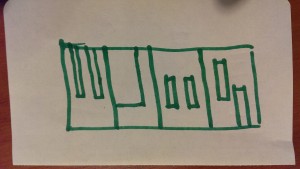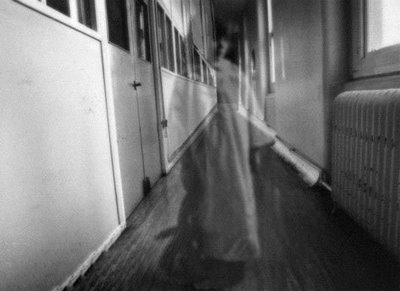A very special one
Francesc looked out the window every bit until, in one of these occasions, was he stretched his neck to look towards the start of the street, he saw a Seat 124 appearing. He forced his eyes to find that it was registered under Jaume. Sitting in front of him and giving the first sip to the red vermouth, Marta said: They are already here. And she turned her body to the left obstructing the view of the car. If she had turned the opposite way, to the right, the 124 would have been seen moving away in search of parking.
Marta was very impatient to meet a woman such as Mireia Mainer, who came with Jaume; she wanted things around her to follow a different inertia, something that allowed her to leave the leisure routine and get to work, get something ready, and finally put her thoughts of something else other than Francesc and wasting spare time. Logic told him that Mireia had not come to pass the time and such a little chat on the phone with Jaume indicated that the arrival of the couple would very well change Marta’s expectations.
Jaume had mixed feelings, he did not like the idea DEQ I exposed, trying to drive and calm down the nerves he felt at closing the car door; he did not want his colleagues to see the extent up to what he was in love with that woman. Before Francesc and Marta could see the gesture through the glass of the café, Jaume caressed Mireia, and called her by her fake name again, trying to get used to its weird sound in public, Trahamunda.
On the contrary, Mireia, Trahamunda Soutullo, full of arrogance and immodesty, clashed with the intelligence and love of the affectionate praises of Jaume. Mireia felt completely safe, firm, convinced of her moral and intellectual superiority, knowing that was what mattered most in the end. And she was sure that the other two people holding that informal meeting were aware of it – even though at that precise moment they still did not know enough – that she would be a very special piece in their group, a very special one indeed.







